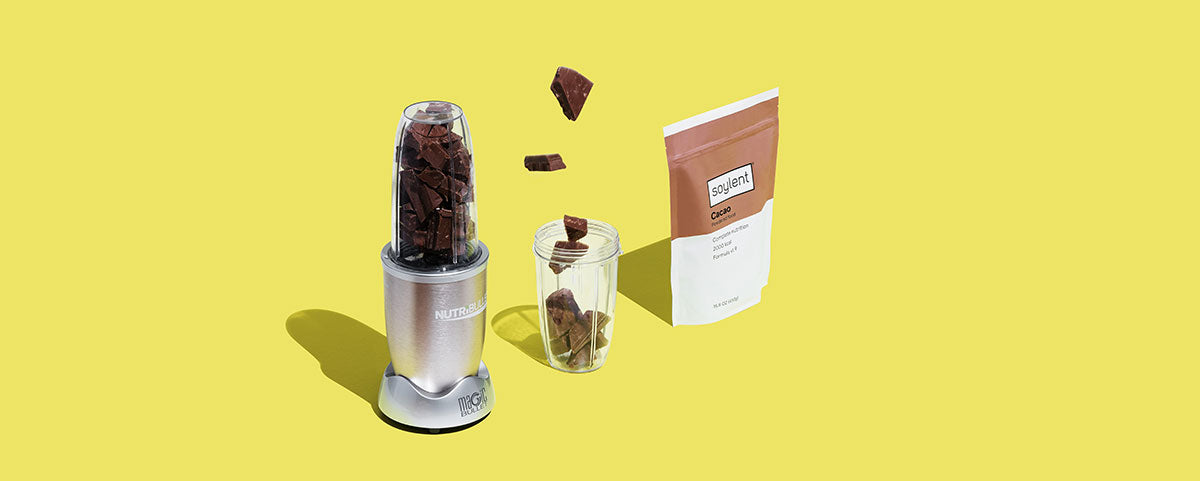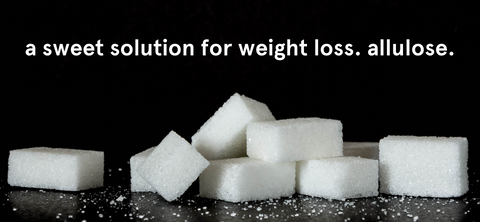
It is not uncommon for people to mistakenly assume meal replacement shakes and protein shakes are one and the same. Part of the reason people make that mistake is because both are high in amino acids.
However, meal replacement shakes and protein shakes are two entirely different products. Not only do meal replacement shakes and protein shakes have different ingredients, but they are also used to accomplish two different goals. It’s important to understand those different goals when you’re shopping for a shake product, since you’ll often see both products sold close to each other.
On the simplest level, protein shakes are supplements to normal food. On the other hand, meal replacement drinks and shakes—as the name implies—are replacement meals.
Let’s dive a little deeper.
What is a meal replacement shake?
Meal replacement shakes contain a large number of the essential vitamins, minerals, amino acids, and carbohydrates your body needs to function.
What makes them so valuable is the fact that you can get the sustenance your body requires without the disproportionate amount of sugars and carbohydrates that are common in a normal meal.
For that reason, meal replacement shakes are often associated with dieting and weight loss. Your body gets the nutrition required to function without the added calories.
Other uses for meal replacement shakes can include:
- Fast sustenance while on the go
- Nutrition in settings where eating a full meal isn’t possible
- Nutritional support when a full meal would affect an upcoming performance goal, like a long-distance run
Can I use a meal replacement shake for every meal?
In short, no.
No, you can not use meal replacement shakes for every meal. Meal replacement shakes have the fundamental nutrition your body requires.
And, while they have many of the vitamins and minerals necessary for maintaining a healthy body, they do not have all of the ones necessary for a completely balanced diet.
Meal replacement shakes are typically low in calories. While you get the amino acids and vitamins and minerals you need from a meal replacement shake, if you use them to replace every meal, you will have a difficult time maintaining your weight. That is particularly the case if you exercise regularly.
Do meal replacement drinks come in different flavors?
A common question people have with regard to meal replacement drinks is, "what do meal replacement shakes taste like?"
It depends.
They come in a variety of different flavors. Common flavors include chocolate, strawberry, and vanilla. But, meal replacement drinks are also available in exotic flavors like mocha, chia, and customizable original or base flavors.
Powder vs Ready to Drink Meal Replacement Drinks
A ready to drink meal replacement drink is different than a powder meal replacement shake because the former is pre-mixed and the latter requires the addition of water.
Ready to drink meal replacement options are great for on the go. They’re already made in their complete form, so all you have to do is grab and go.
For powder meal replacement shakes, you’ll need to put in a little more effort. While the powder already has all of the flavor and nutrients you need, you’ll have to add water or milk and mix it up. There are specialized bottles and other products that help ensure the mixture is fully mixed and dissolved into the water, making this an easier on-the-go option.
What is a protein shake?
A protein shake, on the other hand, is considerably different than a meal replacement shake. For one, the primary ingredients of the two can be different. While meal replacement drinks are almost always made of soy, protein shakes can be made of either soy or whey. In addition to the basic ingredients, there are other differences.
For one, protein shakes are rarely fortified with essential vitamins and minerals. While some protein shakes have a few additional minerals added in—magnesium and zinc, for example—most protein shakes have very little in the way or nutritional value aside from amino acids.
Another difference between protein shakes and meal replacement drinks is the amount of sugar. It is not common for meal replacement drinks to be high in sugar content. On the other hand, it is very common for protein shakes to be extremely high in sugar content.
For people hoping to replace high-carbohydrate and high-sugar meals with meals that are low in carbs and sugar, protein drinks are generally a poor idea.
What are protein shakes used for?
Protein shakes are used to supplement a person's amino acid intake. Particularly athletes and people who put their body under stress regularly, it is difficult to get the proper amount of protein.
There are only so many eggs and chicken breasts a person can eat in a day. Protein shakes allow a person to add more amino acids to their diet without having to eat a hefty meal that can make them feel tired and lethargic. But again, consuming protein shakes comes at a cost. Consuming protein shakes means consuming a great deal of refined sugar.
Can a protein shake be used as a meal replacement?
No, protein shakes cannot be used as meal replacements. Protein shakes lack the variety of vitamins and minerals required to make them a valuable food source. Protein shakes supplement the amino acid intake of a person. But, aside from amino acids and sugar, protein shakes contain very little else. Again, protein shakes supplement a meal. Meal replacement shakes replace meals. Please don’t try it.
Why do people drink protein shakes?
People drink protein shakes in order to gain weight or help build muscle. The weight gain associated with protein shake consumption—if used in conjunction with exercise—comes in the form of muscle mass. However, not all of the weight gains associated with protein shakes are associated with muscle gains.
Because of the high volume of sugar in protein shakes, some of the weight gained by people who drink them is in the form of fat development. If a person who drinks high-sugar protein shakes does not exercise strenuously enough to burn off the extra calories protein shakes add to their diet, they will gain fat weight.
Certain protein shakes are able to minimize or eliminate high sugar volume, which could make them more practical for people wanting to avoid fat development as part of their nutritional or fitness goals.
The bottom line. Protein shakes vs meal replacement shakes.
Whether you need to supplement your diet with protein shakes or replace meals with meal replacement shakes depends on what you want to accomplish.
If it is your objective to increase the vitamins and minerals in your diet while increasing your amino acid intake as well, then a meal replacement drink is your best option. If, on the other hand, your objective is to gain weight and put on more mass, then a protein shake supplement can help you do that.
However, because you consume protein shakes does not mean your diet is complete without a meal replacement drink. In order for you to provide your body with the vitamins and minerals it requires, particularly if you are trying to reduce the amount of sugars and carbohydrates you consume, you probably need to be adding meal replacement drinks into your diet.
That is to say, you can replace a meal with a meal replacement shake. But, you can't replace a meal replacement drink with a protein drink!







